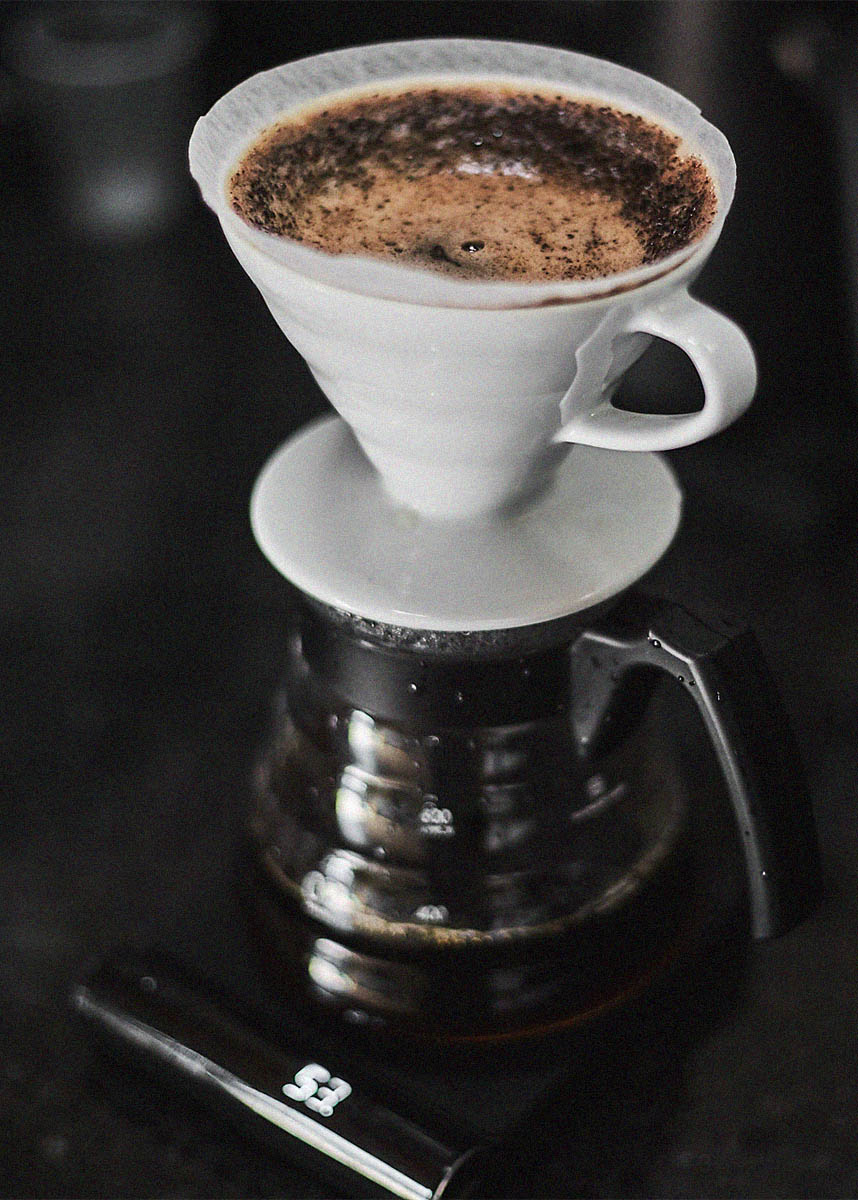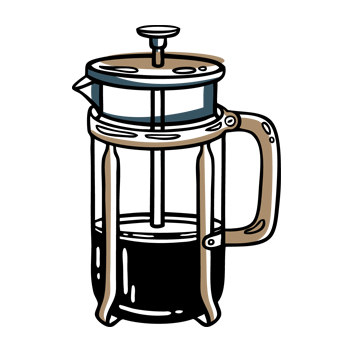Water is a crucial element in coffee brewing that can significantly impact the final taste and quality of your coffee. When selecting water for brewing coffee, it’s essential to consider its mineral content, pH level, and overall quality.
Ideally, your brewing water should be clean, fresh, and have a neutral pH level of around 7. However, mineral content is also important. Some minerals, such as magnesium and calcium, can improve the taste and body of your coffee. On the other hand, high levels of minerals such as chlorine or sodium can negatively affect the taste and aroma of your coffee.
When brewing coffee, it’s recommended to use filtered water or spring water, as tap water may contain high levels of minerals or other contaminants that can affect the taste of your coffee. If you’re unsure about the quality of your tap water, you can always have it tested or opt for bottled water.
It’s also essential to note that the ideal water temperature for brewing coffee is between 195°F to 205°F (90°C to 96°C). If the water temperature is too low, the coffee may taste under-extracted, and if it’s too high, the coffee may taste over-extracted and bitter.
By paying attention to the quality and temperature of your water, you can ensure that your coffee tastes great every time. So, the next time you brew your coffee, take some time to consider the water you’re using and its impact on your coffee’s taste and aroma.





